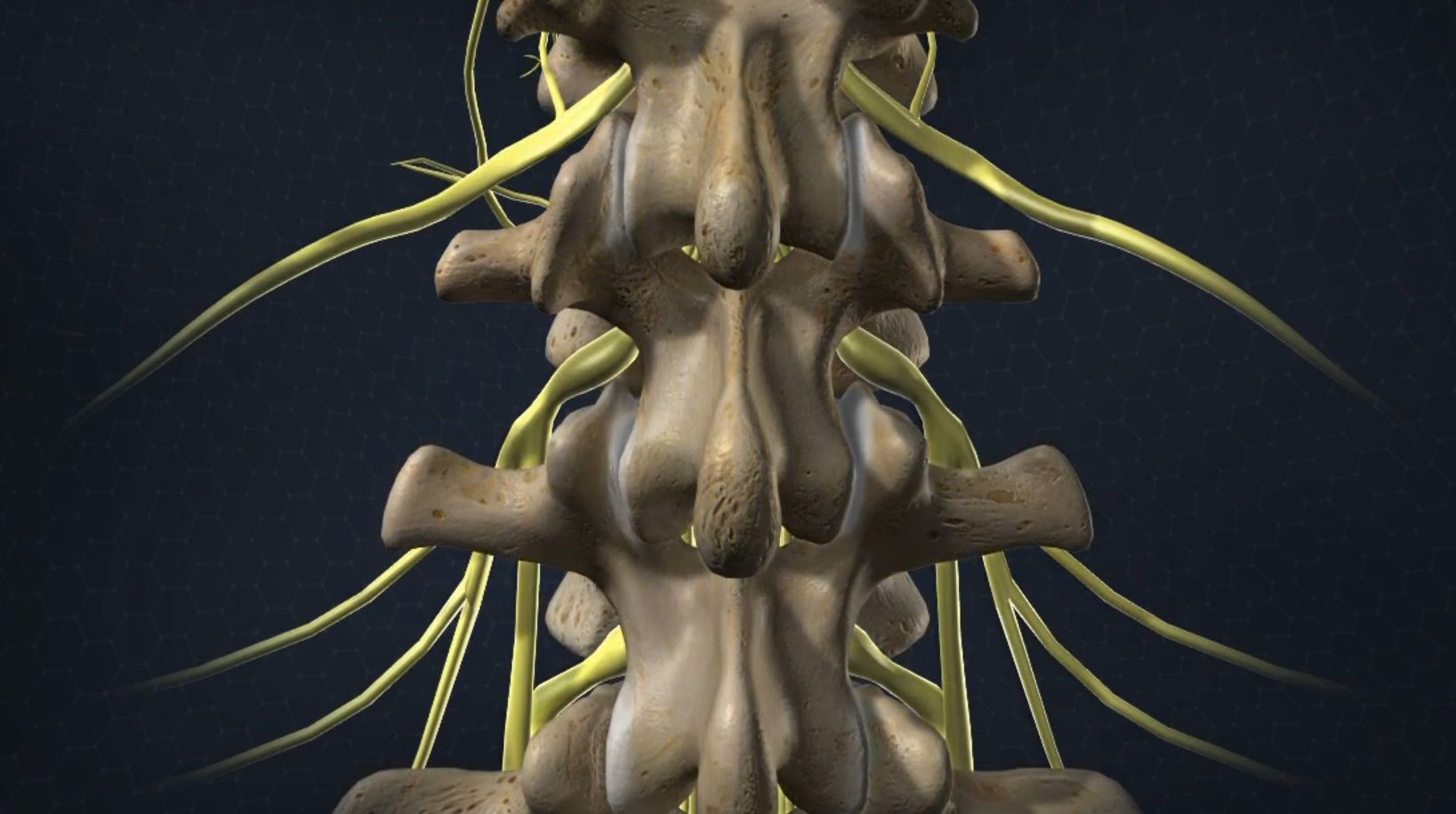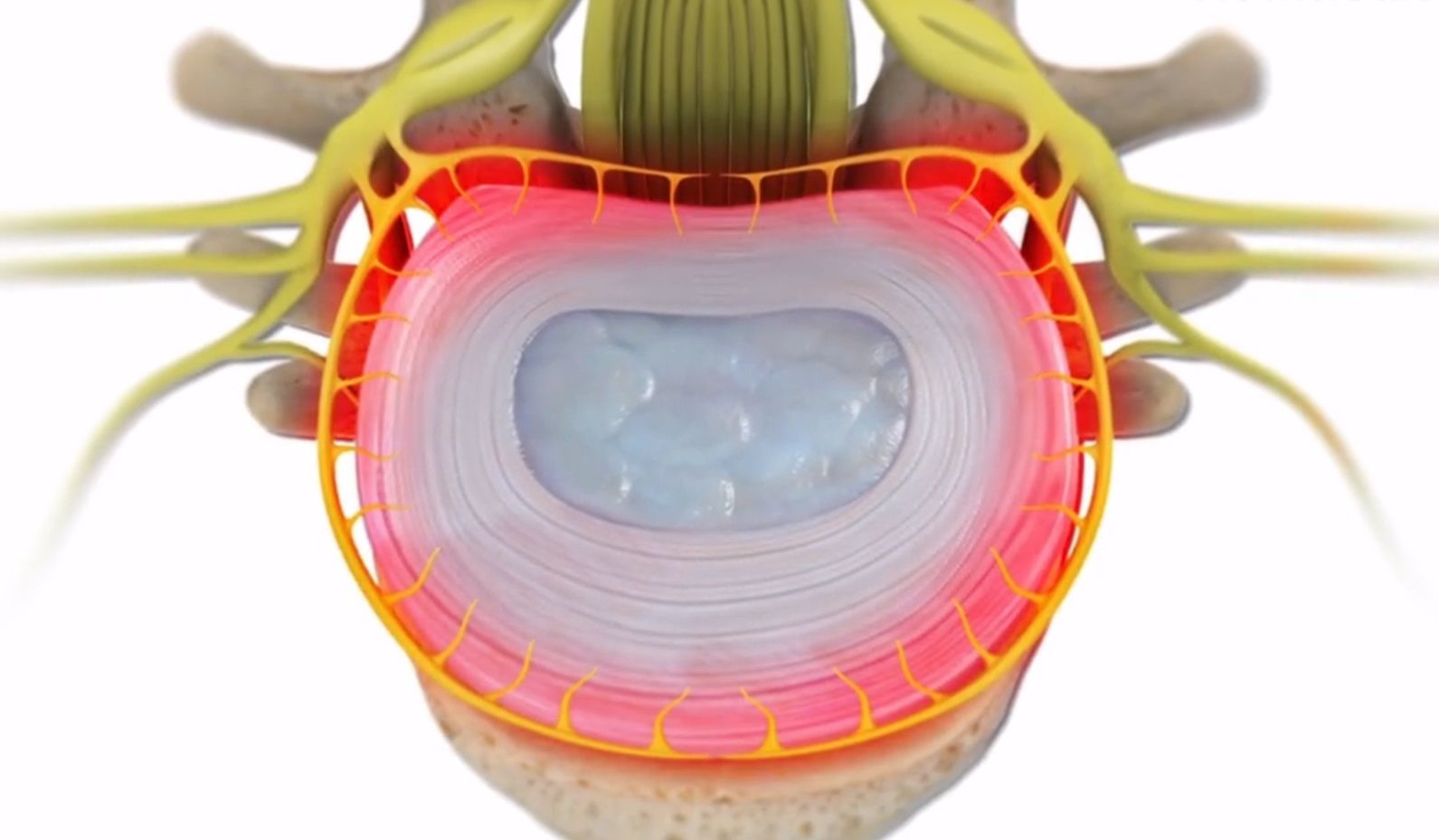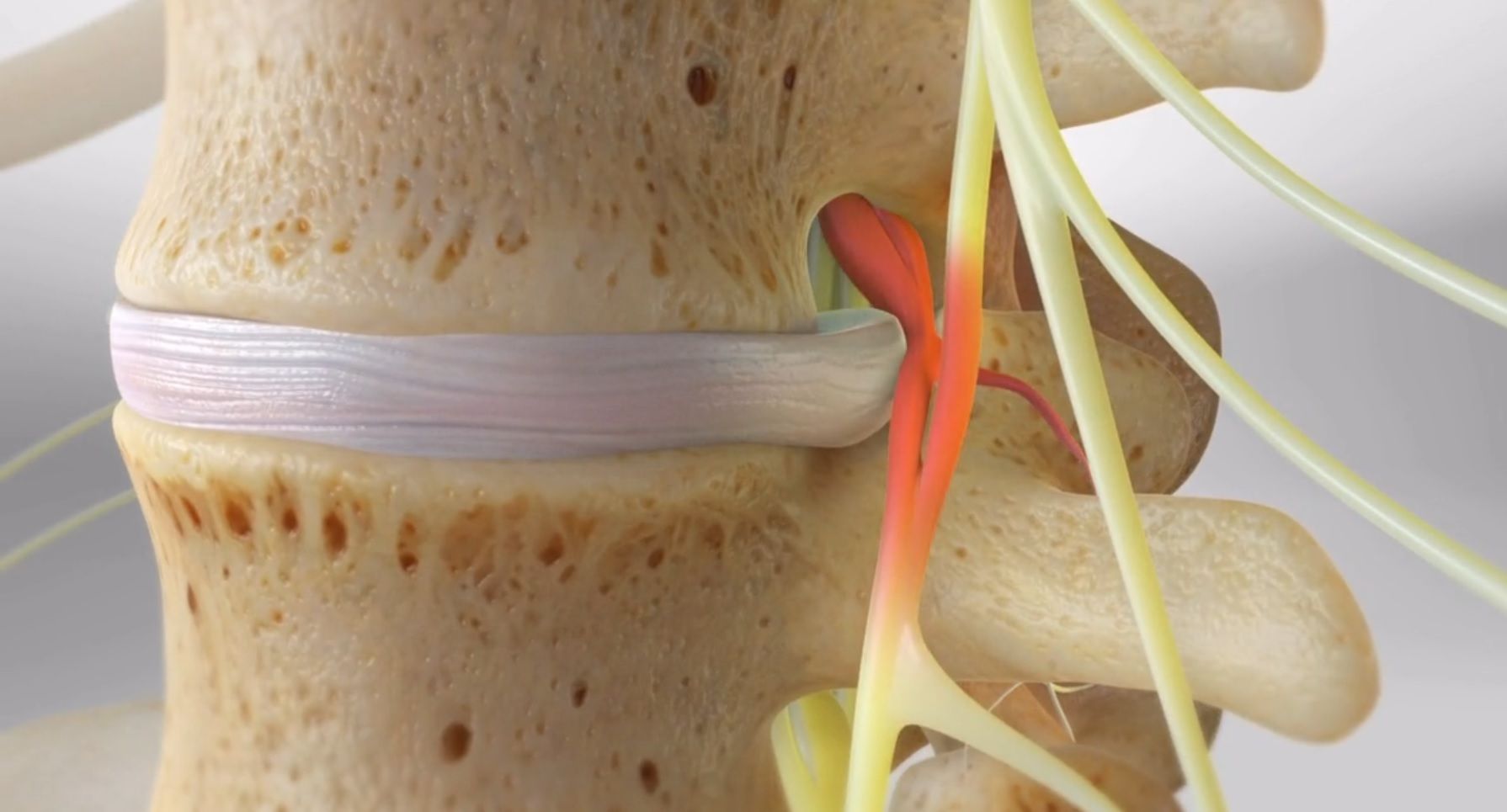Neck Pain (Cervical Spine)
Neck Pain (Cervical Spine)
Overview
Neck pain is common and can severely impact your quality of life. Neck pain can limit your ability to work, do activities of daily living, and sleep. There are may causes of neck pain.
About the Cervical Spine
Your neck is made by the seven vertebral bones in your cervical spine. Spinal discs between these bones provide cushion, absorb shock, and allow for neck movement such as bending and twisting.
Spinal Cord and Nerves
Your spinal cord travels down from your brain through your spinal canal. Nerve roots exit the spinal canal on both sides of your cervical spine, traveling down to your shoulders, arms, and hands.
Common Causes of Pain
Neck pain is often caused by muscle exertion. Nerves also cause neck pain. Your spinal discs and vertebrae have nerves, so injuries or aging of those structures can be painful. Also, compression of spinal nerves can cause pain. This can happen when the exit port openings for those spinal nerves are restricted due to herniated discs, bone spurs, or spinal stenosis.
Symptoms
Neck pain symptoms vary in type, intensity, frequency, and location. You may feel burning, stabbing, tingling, numbness, or weakness. You may experience headaches. Neck pain symptoms can be severe, mild, or some level in between. You may feel symptoms constantly, intermittently, or only during certain activities. Your symptoms may remain just in the neck (discogenic pain or muscle/ligament strain) or can travel down from your neck (radiculopathy) when caused by a compressed spinal nerve.
Treatment
Because the symptoms vary widely, the treatment options for neck pain vary as well. Over-the-counter medications, ointments, ice, heat, and rest may relieve your symptoms. You may need active treatments from a chiropractor or physical therapist. Prescription medications may be required, either in pill form or through injections. Surgery is another treatment option for more severe conditions.
Revised from www.viewmedica.com © Swarm Interactive. Unauthorized duplication is strictly forbidden.
- Category / Injury




